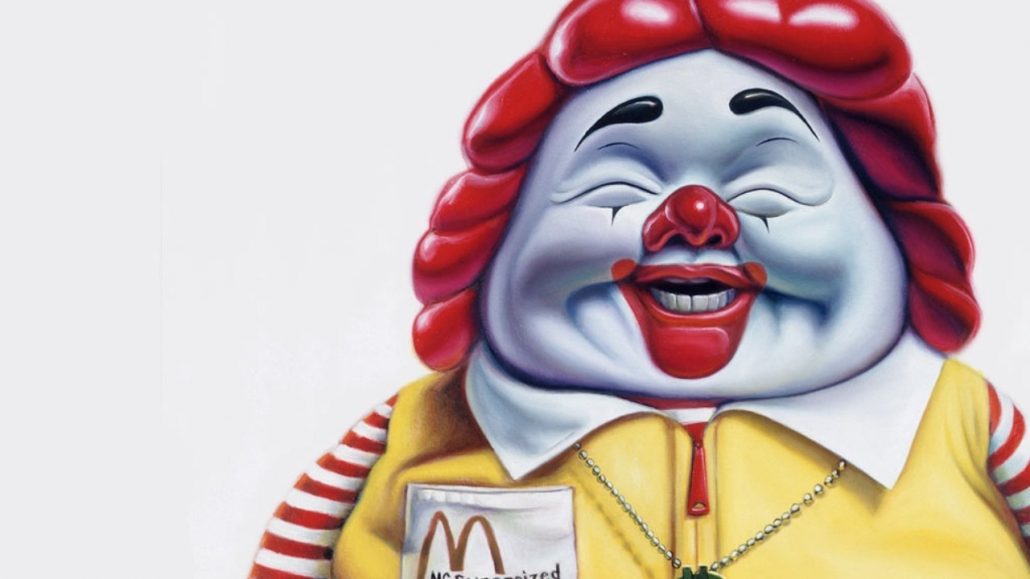Fat Debt vs. Muscle Debt

Debt can be looked at as a negative when managing your finances. However, debt is the way many successful investors build their wealth. Everybody uses debt to pay for just about everything from large purchases such as property and cars, to smaller purchases like petrol and food. The definition of debt in the dictionary is “ something that is owed or that one is bound to pay to or perform for another.” Under this definition it is hard to make out if debt is either good nor bad. Many are confused by the differences between good debt and bad debt. It is important to understand the differences, as being financially educated on the subject will enable you to make smarter decisions when buying on credit or taking out a loan. Just like Robert Kiyosaki says, “debt is like a loaded gun, it can either help you or it can kill you”.
Having had plenty of experience in the health and fitness industry, I always like to relate a fitness journey to a business journey. The two quests for success work very similar to each other as they both require work, determination, delayed gratification and discipline. So how does fitness relate to debt? Well, if you are not disciplined with your finances and diet then you can ultimately end up broke and overweight. Even a 2009 study by Dr Eva Munster at the University of Mainz in Germany, says that those deep in consumer debt are more likely to be overweight than those who have no bad debt. Supporting Dr Munster’s studies showed links to difficulty buying healthy food on a limited income and/or the inability to delay gratification in spending and eating. The most common form of bad debt is consumer debt that is built up usually on high interest credit cards used to purchase items such as clothing, holidays and other disposable goods that depreciate in value. I call this “fat debt”.
On the other hand, holding good debt can be like having a body like a Spartan warrior, prepared for battle. Good debt is usually used for an investment that will grow in value or generate long-term income. These investments can include student loans for education, small businesses, property and shares. Good debt is an investment debt that creates value that is projected to produce wealth in the future. By using debt to fund investments such as property, it can turbo-charge the return on your equity. Many successful entrepreneurs and investors use this type of debt to help grow their wealth and leverage into larger investments. Therefore I call this “muscle debt”.
I have had the experience in both types of debts and also in both types of fitness levels. There was a stage in my life where I was quite overweight with a body fat percentage of 20% plus. I look at this body fat level the same way as having bad consumer credit card debt. I needed to change my eating and exercise habits to help chip away at my body fat. The problem was that I was addicted to junk food and overeating. It was like a drug that took over my lifestyle. This drug like chemical in the brain is called dopamine, which helps control the brain’s reward and pleasure centres. I was addicted to the instant gratification feeling of having a bowl of ice cream, however long term, the effects were quite negative. Similar to when spending money on an impulse purchase such as those new shoes or expensive holiday bookings, dopamine is increased in the brain making us feel rewarded. This is a short-term gain however, making us ultimately pay the price further down the track.
After setting out a plan and changing my lifestyle and diet, I eventually got my body fat percentage to under 10%. It has been rewarding for the long-term as I now implement the same habits day in day out in my life. I am now at a fitness level I can be proud of and also help others on their weight loss journey. The financial journey is very much the same as you need to focus on habits that will help reward you for the long-term. For example, foregoing that expensive European holiday today in replacement for an investment property deposit, can help you cement yourself into a better financial position later on in life. Or investing into your education can pay very healthy dividends towards your future. It may be hard work now and require a significant amount of effort, however the delayed gratification will be well worth it in the end. Practicing clever spending habits will help you “re-wire” your brain to ensure you feel comfortable with good debt, by taking out loans or credit on assets that appreciate in value and generate income.
Bad consumer debt should be decreased or eliminated whenever possible, just like sugar in a bad diet, if you want to build wealth for your future. Using good debt, such as a mortgage on an investment property or a small business loan for a business can help you leverage into a much stronger net position just like bigger muscles can add more power to your bench press in the gym. Being financially educated will give you the knowledge and power to take on good debt, by using it as a tool to improve your life or financial situation. Work on burning body fat (bad debt) and increasing muscle mass (good debt) in all areas of your life, physically and financially.



